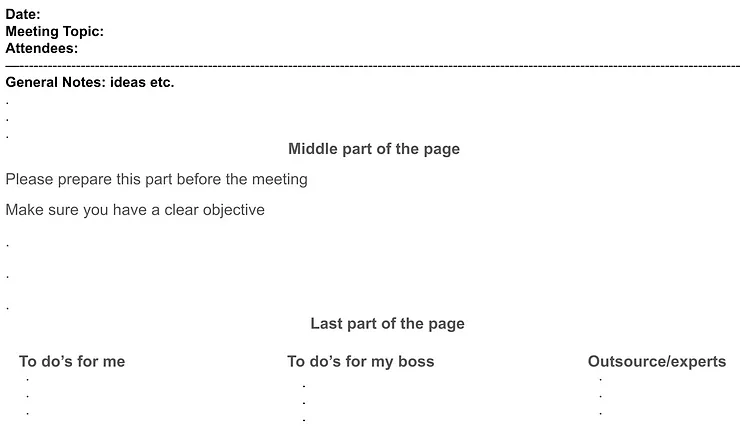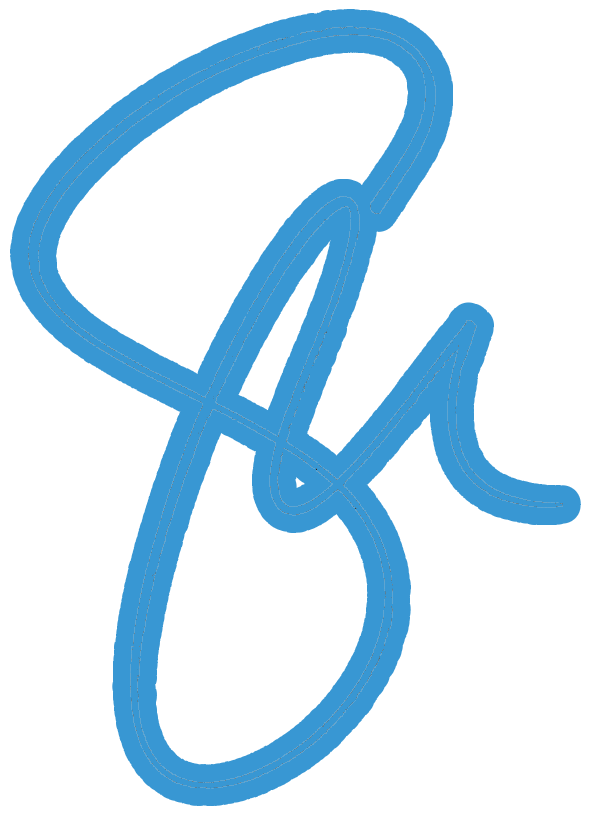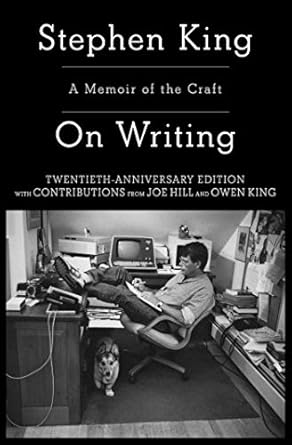Undoubtedly, taking notes is an underrated skill that can help you improve your performance. It may even make it easier to manage your relationships with your boss.
Management consultants are famous for constantly taking notes. Taking notes helps a consultant to retain more information and also boost productivity. As an entrepreneur or consultant, you will be a part of many meetings all day.
Before using this system, I wrote long notes like writing an essay. I was writing down everything on a piece of paper. I accept it was time-consuming and detrimental to my productivity at work.
I really wanted to break this habit and focus on a system to help me to take efficient notes.
I researched a lot on this topic, especially the management consulting firms’ articles: Mckinsey, Boston, and Bain. Management consultants take notes every day to impress the client or make their next lucrative deal successful.
Here I want to share the best practice I picked from a management consultant to take efficient notes.
Importance of taking notes — Professional notes are different than study notes
As a student, we pick this habit to write down almost everything in our notebooks from the exam’s perspective and then carry this habit in our professional or entrepreneurial life.
Professional life is completely different from a student’s life. As a professional, you do not have enough time to write everything but the tangible points. Take notes to the point like a title of an essay.
Efficient note-taking system
Before each discussion, you pretty much know the attendees, the meeting agenda, and your role in the meeting.
Here is the note-taking system I am following for the past few years and is working great for me and some of my colleagues who asked me to share it with them.
I prefer to take notes on a notebook if I am attending an in-person meeting and Google Keep app if the meeting is online.
Let’s discuss the pen and paper strategy then you can emulate the process for any note-taking app if you want to.
The following image will help you to demystify the process.

In the first part of the page
Date:
Meeting Topic: What is the meeting title?
Attendees: Who is attending, it will help you recall the points.
General notes:
Maybe a new idea you liked during the discussion. I realized it’s really important during investing or proposal type of meetings to jot down all the ideas.
– – – – – – – – – – – – – – – – – – – – – – – – – – – – – – – – – – – – – – – – – – – – – – – – – – – – – – – – – – – – – – –
In the middle part of the page
Note: Please prepare this part before the meeting.
- Make sure you have a clear objective
- What do you want from the meeting?
- Maybe prepare a couple of questions based on the meeting agenda.
- This part is vital to share your concerns or findings.
- You can dump here any ideas that pop up during the conversation, etc
The following part is super important, which I picked from a management consultant in a YouTube video.
– – – – – – – – – – – – – – – – – – – – – – – – – – – – – – – – – – – – – – – – – – – – – – – – – – – – – – – – – – – – – – – –
Last part of the page
To do’s for me
Write down 3 objectives from the meeting to discuss with your Direct Manage in the 1-on-1 or after the meeting.
To do’s for my boss
It’s also helpful to jow down 2–3 points to recall if you asked something from your boss.
Outsource, subject matter expert, etc
If your company is looking for a subject matter expert to handle the project or looking to outsource.
These 3 steps process will help you sum up what you will be doing and what your boss or subject matter experts manage.
Bottom line
I prefer to use a notebook and pen to take notes during in-person meetings. Now that most meetings are shifted online, I use my favorite note-taking app — Google Keeps — during Zoom calls.
The system will help you to write down the most important points of the meeting instead of an essay. If your boss asks after the meeting for main points or any new ideas pop up during the discussion, you will be able to respond promptly.
Always focus on three main points that you think were important in the meeting.
For example, if you are boss ask your feedback after the session, you will be able to say something like: I think there were three main ideas we need to focus on improving the production or whatever topic was discussed.
Thank you for reading!




